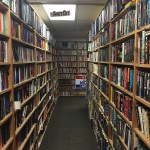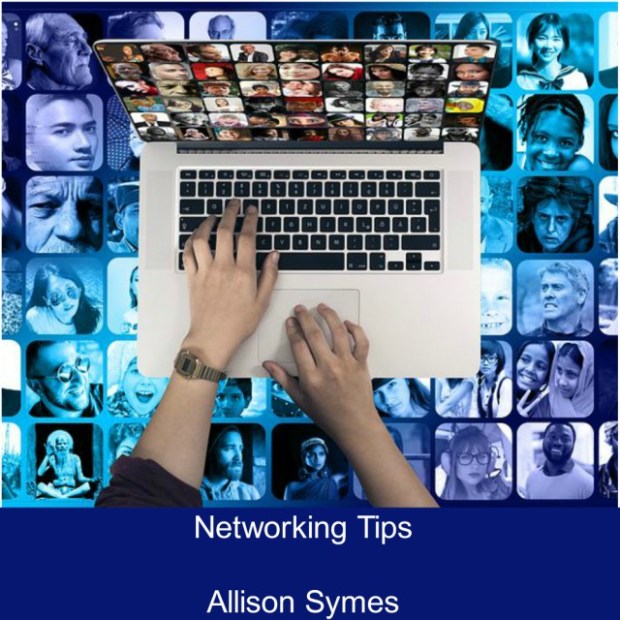Facebook – General
I’ve read my stories aloud at times to literally hear how they sound (and have sometimes recorded them so I can play them back too. This is particularly useful if you need to time a story). If you trip over your dialogue, your readers will too so definitely time to get the editing pen out again.
It is an oddity that what looks okay written down suddenly isn’t okay when you read it out loud. You can hear where the text sounds awkward. My More than Writers post, due up on the Association of Christian Writers blog tomorrow, talks about clarity. (Link to come tomorrow). One thing I discovered a while ago is that simple, clear writing is a joy to read and it can take several rewrites for an author to get it to that stage. It is worth the effort though.
I’ve forgotten who said that the professional writer is the amateur who didn’t quit, but there is a lot of truth in that.
Facebook – General
I don’t necessarily choose the mood of the story (or the main character) before I start writing. Often the theme can mean the mood of the story can go in a couple of different directions and my job then is to pick the outline that seems to have the most promising characters that I can do something with!
I like it when one character clearly stands out. You find yourself rooting for that character to succeed (usually). It is their story so it’s my job to let “them” tell their story their way. That disguises a lot of editing and ensuring that all the information you’ve given the reader marries up, is only what they absolutely need to know etc.
Facebook – General
Am glad to share the link to my monthly spot on the Association of Christian Writers’ More Than Writers blog. I talk about clarity this time.
I discovered the Plain English campaign have a gobbledygook generator. Yes, really! Had lots of fun clicking the box and seeing what garbage emerged… all based on real examples too. It’s a great example of how NOT to write!

Should clarity, rather than cleanliness, be next to godliness? I think so! Image via Pixabay.

Clarity of thought should lead to clarity of expression. Image via Pixabay
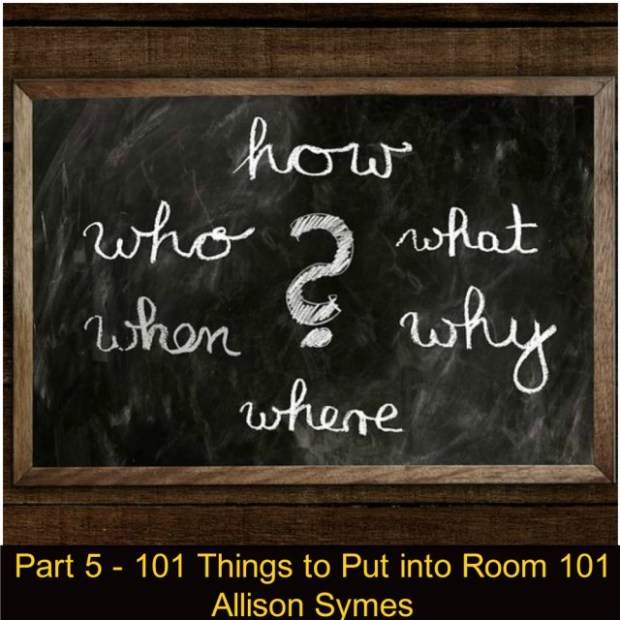
A recent CFT post of mine but the questions can help you ensure your writing is beautifully clear. Image via Pixabay.
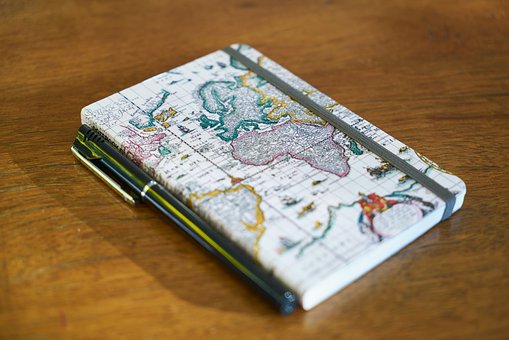
The writer’s basic toolkit – image via Pixabay

The tools of the scrivener’s trade. We’ve come on a bit since then! Image via Pixabay

Ebooks and print – both have their own frustrations when it comes to publishing. Image via Pixabay
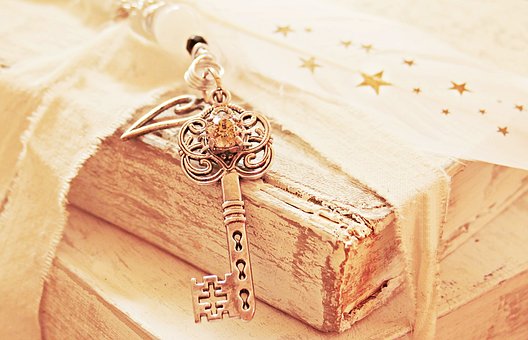
Books are the keys to knowledge. Image via Pixabay
Facebook – General
News just in, as they say! Two of my stories will be on Cafelit – one on 5th May and the other on 5th June. Will share links on the days. Very pleased. Don’t think I’ll ever tire of hearing something I’ve written has been accepted!
Having acceptances is obviously one of the highlights of writing, but what about the downside? Yes, the rejections would come into that category but, for me, I’m more despondent when the writing simply isn’t going as well as I’d like. Rejections I see as par for the course and I try to learn from them and see where it is where I may have gone wrong. If it is just down to editorial taste, then I can submit the story elsewhere. So generally I can get something positive out of this.
But when you are keen to write and it seems like a struggle (and it happens to us all), that is more of a challenge to deal with. I tend to have a break away from whatever it was I was working on to write something else or brainstorm ideas for future projects. I’m not sure why it is but whenever I write something else, ideas come to me for the original thing I was struggling with. Distraction therapy perhaps? All I know is that it works.
Facebook – From Light to Dark and Back Again
I’ve been enjoying the different flash fiction collections put out by Chapeltown Books and this has proved to be a great way of ensuring I read plenty of contemporary fiction. (Reading enough classic fiction is never an issue!).
A good reading “diet” should include contemporary and classic works and non-fiction. I see all of this as feeding the mind as you never know when reading something triggers ideas for your own stories. The more you read, the more you cast your “net”, and the more likely it is you will have those “sparks”.
So happy writing – and happy reading!

My flash fiction collection from Chapeltown Books!

Mandy’s flash fiction collection from Chapeltown Books. Image kindly supplied by her.

Gail’s flash fiction collection from Chapeltown Books. Image supplied by Gail Aldwin. Also note the Chapeltown Books branding of a frame around an image. Simple but effective

Gill James reading from her January Stones collection. Image by Allison Symes

Paula Readman, Dawn Kentish Knox and I celebrate where our stories have appeared! Many thanks to Paula Readman for the picture.!
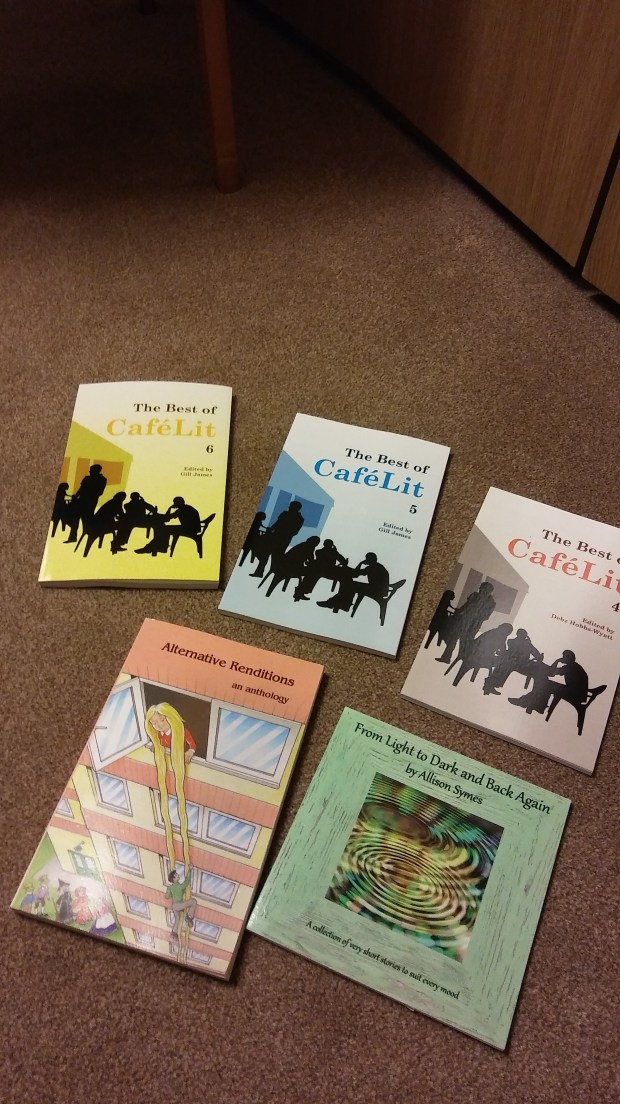
Some of the books I’ve appeared in and FLTDBA of course. Image by Allison Symes
Facebook – From Light to Dark and Back Again
Given flash fiction makes its readers fill in the gaps due to the word count restrictions, it is also a great way to conjure up other worlds which reflect on our own.
A reference here, a name of a character there etc will carry weight based on what we know of that reference and name. The world might be strange but the reference or name are not and it makes filling in the gaps easier. What is really nice is when you know that reference or name will make the reader smile because you know what they will associate it with.
Facebook – From Light to Dark and Back Again
Descriptions can be tricky. Too much information and you switch the reader off. Too little and you can’t conjure up enough of an image for your reader to “hook into” so they can get right into your story’s world.
Flash fiction, of course, by its nature means you have to be sparing with the details so the trick is to find the most powerful image in the shortest number of words. (Well, it IS meant to be a challenge!).
I ask myself what are the images I want my reader to definitely pick up from my story. This is where outlining your thoughts before writing the story is so helpful. It makes it easier to select the telling details that absolutely have to be in the tale.
You can also mark those others that would be useful to have in if you have sufficient word count spare but would not spoil the story if they weren’t included. It has been my experience there usually isn’t the word count spare (unless I am writing right at the upper range for flash). Focusing on what HAS to be in is, I find, the best place to start. Anything after that is a bonus but should still only be included if it does something useful such as giving depth to your tale.
















































































































































































































